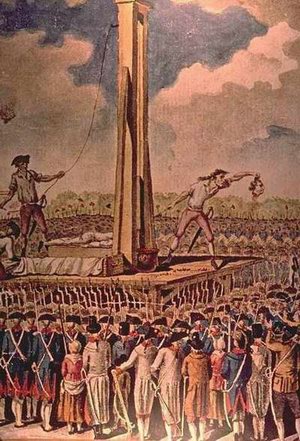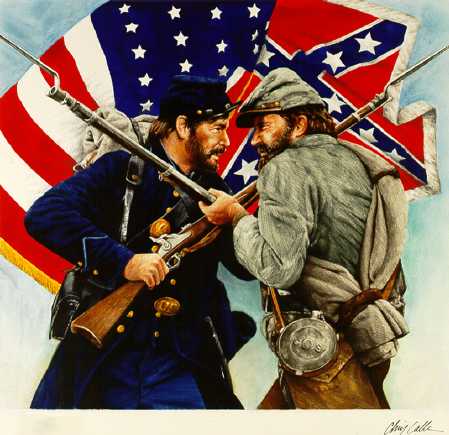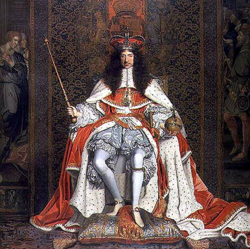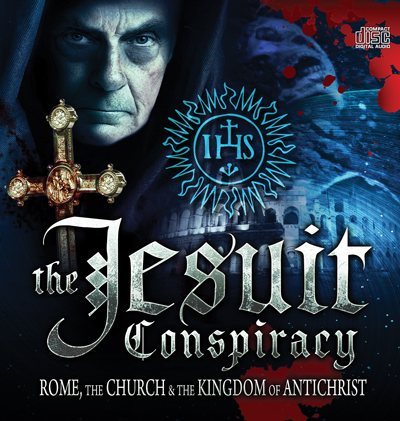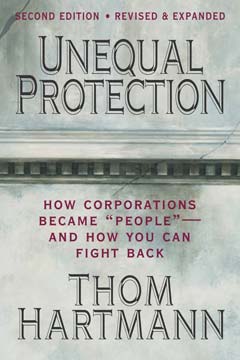 It is the hallmark of the Hyper-Calvinst movement to posit an absolute determination to create the universe in God. This is contrasted with the Puritan view which rejects an arbitrary will on the Pelagian side and also rejects an absolute determination on the Hyper-Calvinist side to affirm a divine volition agreeable to nature but not absolutely necessary to nature.
It is the hallmark of the Hyper-Calvinst movement to posit an absolute determination to create the universe in God. This is contrasted with the Puritan view which rejects an arbitrary will on the Pelagian side and also rejects an absolute determination on the Hyper-Calvinist side to affirm a divine volition agreeable to nature but not absolutely necessary to nature.
Turretin says, Institutes, Vol. 1, 5th Topic, Q. 11, “XVI. Although original righteousness can properly be called ‘grace’ or a ‘gratuitous gift’ (and so not due on the part of God, just as the nature itself also, created by him), it does not follow that it is supernatural or not due to the perfection of the innocent nature. For although God owed nothing to man, yet it being posited that he willed to create man after his own image, he was bound to create him righteous and holy.” (pg. 473)
Owen says,
“Of this kind is his purpose of creating the world, and in it rational creatures, properly adapted to know and obey the creator, benefactor, and Lord of all. In works of this kind, God hath exercised the greatest liberty : his infinitely wise and infinitely free will is the fountain and origin of all things. Neither is there in God any kind of justice, or any other essential attribute, which could prescribe any limits or measure to the divine will. But this decree of creating being supposed, the divine will undergoes a double necessity, so to speak, both in respect of the event, and in respect of its manner of acting. For in respect of the event, it is necessary, from the immutability of God, that the world should be created: and in respect of the manner of doing it, that it should be done omnipotently, because God is essentially omnipotent; and it being once supposed that he wills…to do any work without himself, he must do it omnipotently. Yet, notwithstanding these considerations, in the creation of the world, God was entirely a free agent: he exercised will and understanding in acting, although the choice of acting or not acting, and of acting in one particular way or another, is taken away by his immutability and omnipotence…These loud outcries, therefore, which the adversaries so unseasony make against our opinion, as if it determined God to be an absolutely necessary agent in his operations ad extra, entirely vanish and come to nought. But we will treat more fully of these things, when we come to answer objections.” The Works of John Owen, Volume 9, A Dissertation on Divine Justice, pg. 360-363 [London: Printed for Richard Baynes, 1826]
The Hyper-Calvinist view must have the attributes of God dependent on the creation as an absolute necessity. God’s goodness is therefore dependent on creation. This is pagan par excellence. Here, in the famous movie, Legend the character Darkness explains the Hyper- Calvinist view perfectly:



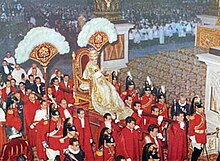
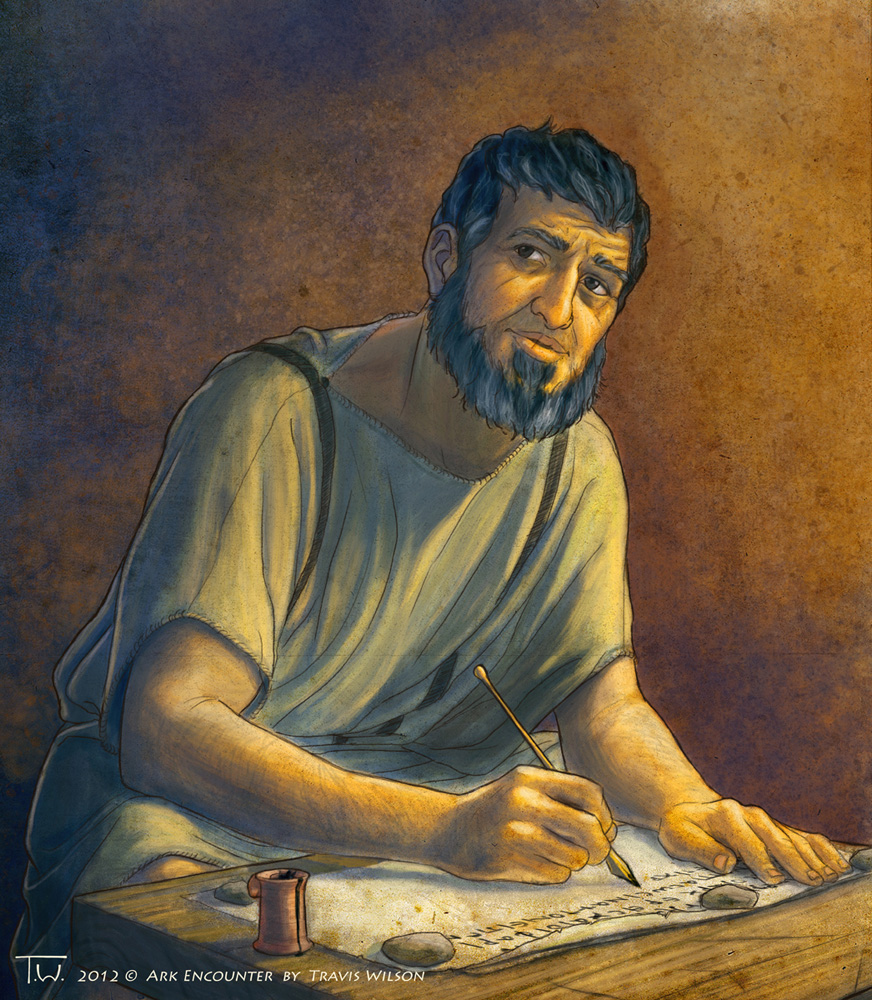


-1-.jpg)

